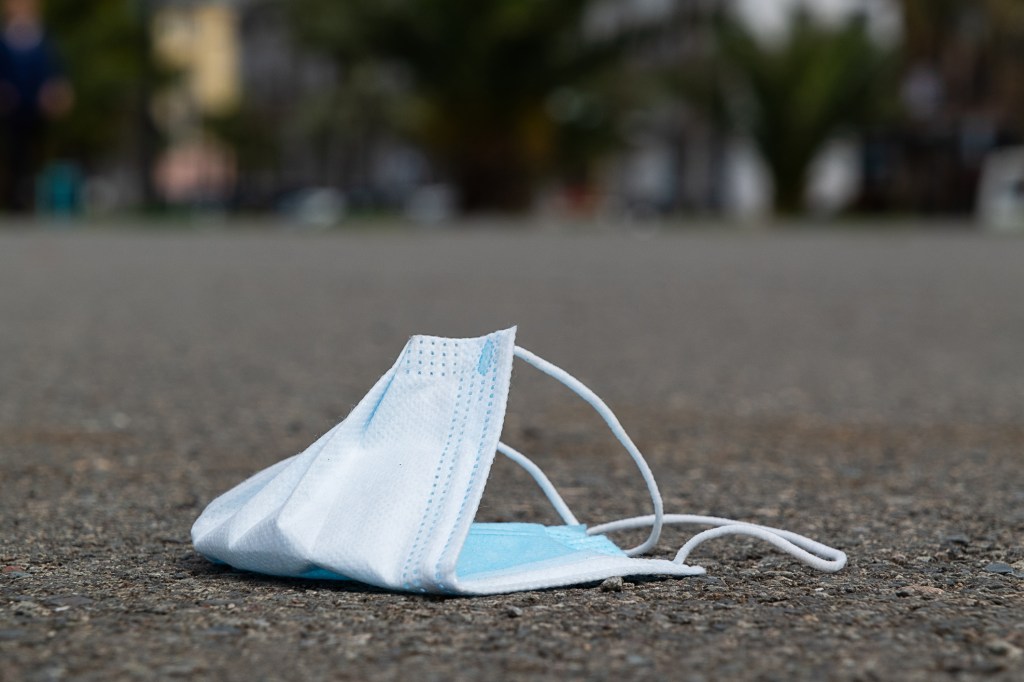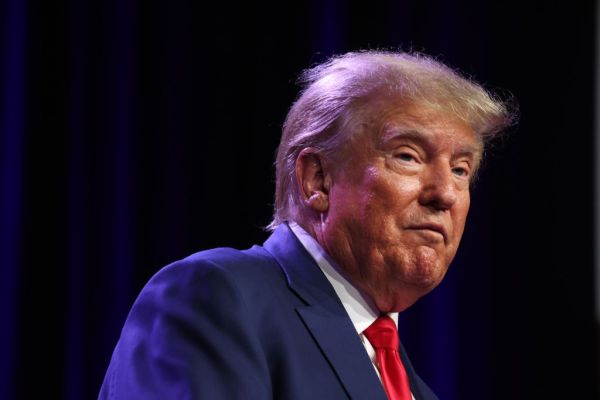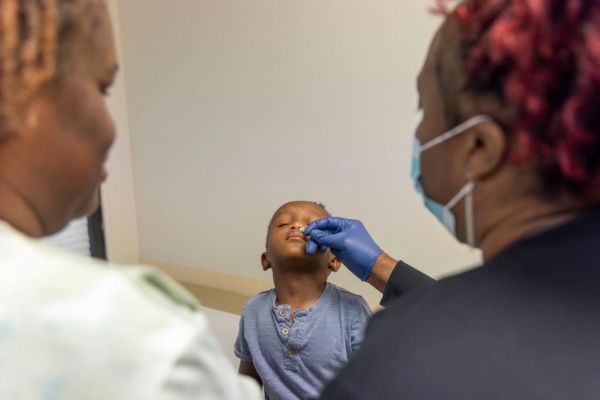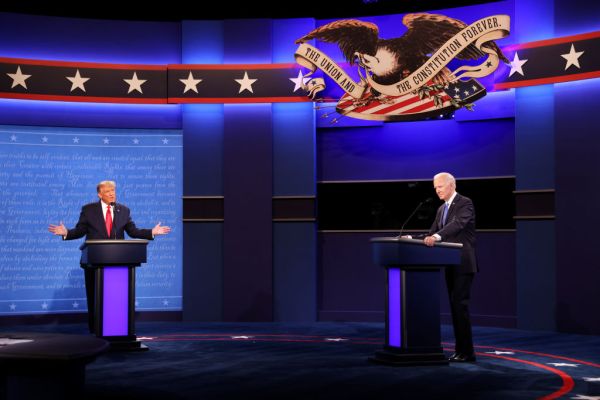Since the onset of the COVID-19 pandemic in early 2020, the use of masks for public health has become a controversial and increasingly partisan issue. A number of viral social media posts claim North Carolina Republicans are pushing legislation that would ban people from wearing masks in public—even if necessary for their health.
“North Carolina Republicans just voted to advance a bill that would ban anyone from wearing a mask in public—even for health reasons. It would even apply to cancer patients and people with weakened immune systems,” one Threads post reads. A Reddit post last month made a similar claim, stating that “individuals would no longer be able to wear masks in public for health or safety reasons.”
The bill in question, however, does not prohibit the wearing of medical masks in public. The new legislation, which has not yet been signed into law, enhances sentences for felony or misdemeanor crimes if the perpetrator wore a mask or face covering to conceal their identity. It does not prevent law-abiding citizens from wearing masks in their daily lives.
Earlier this week, the North Carolina state legislature passed House Bill 237 targeting protesters and rioters who conceal their identities while committing criminal acts. The legislation, which initially stalled in the state Senate more than a year ago, received a second life after anti-Israel protests broke out on college campuses—including the University of North Carolina at Chapel Hill—this spring.
The initial draft of the bill, first filed on March 1, 2023, included narrow language specifically targeting those attempting to conceal their identity when committing a misdemeanor or felony. “If a person is convicted of a misdemeanor or felony and it is found as provided in this section that the person wore a mask, hood, or other clothing or device that concealed or attempted to conceal the person’s identity at the time of the offense,” it reads, “then the person is guilty of a misdemeanor or felony that is one class higher than the underlying misdemeanor or felony for which the person was convicted.”
Concerns that the legislature would outlaw masking for health reasons originated in May when GOP legislators in the state Senate proposed an amendment that would have repealed a 2020 health and safety exemption to the state’s longstanding ban on masks, hoods, and other devices designed to conceal identities. When the COVID-19 pandemic began, North Carolina legislators quickly amended a 1953 law that banned the wearing of masks in public, which was passed to combat the Ku Klux Klan’s use of hoods to conceal the identity of its members.
The Senate’s proposed changes were rejected by the state House and put under review after Republican representatives expressed concerns that it may restrict people who wear masks for health reasons from doing so. Lawmakers reached a compromise earlier this month that left the provision in place, altering its language slightly to exempt “any person wearing a medical or surgical grade mask for the purpose of preventing the spread of contagious disease.” Other longstanding exemptions to the 1953 restriction, such as those for holiday costumes and theatrical productions, were unchanged.
House lawmakers approved a final version of HB 237 on June 12, sending the legislation to the desk of Democratic Gov. Roy Cooper, who has not yet signed or vetoed it. Cooper is reportedly skeptical of an unrelated provision in the bill that would loosen a campaign finance restriction, but it could become law even if Cooper vetoes it. State Republicans gained a supermajority in April 2023 when Democratic Rep. Tricia Cotham switched parties, giving the GOP the 72 votes needed to override a gubernatorial veto.
If you have a claim you would like to see us fact check, please send us an email at factcheck@thedispatch.com. If you would like to suggest a correction to this piece or any other Dispatch article, please email corrections@thedispatch.com.








